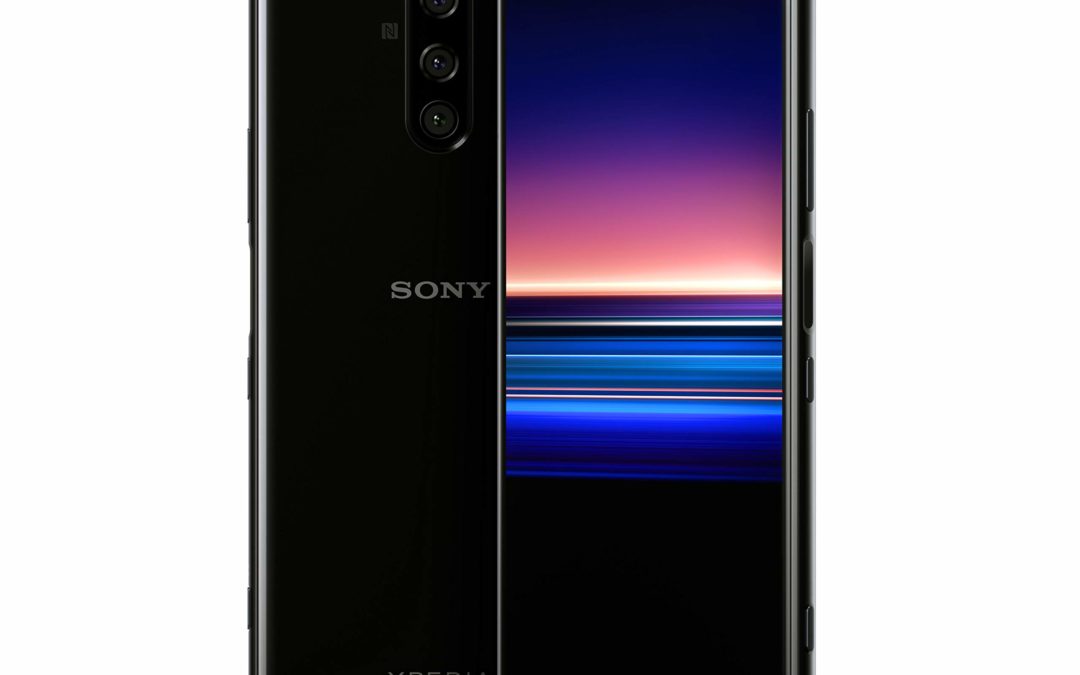Today’s smartphones are essentially pocket-sized computers, eliminating the need for a multitude of different gadgets, even the conventional camera. Modern smartphones may come with a hefty price tag, but in many cases, they offer significant value, potentially saving users lots of money in the long run.
From pricing comparison apps to digital investment platforms, we explore how your smartphone could end up saving you money.
1. Shopping Comparison Apps
With so many e-commerce stores offering similar products, sometimes at very different prices, many consumers rely on apps to help them find the best deals. Take, for example, the Price.com app, which compares product pricing across all e-commerce sites, helping shoppers find the lowest price on an item.
2. QR Codes
In the same vein as shopping comparison apps, QR codes enable shoppers to compare prices of the same item across different stores. If a product has a QR code on the tag, you can simply scan the QR code with your smartphone’s camera to bring up the exact model. You can then search for that model online to compare the price across different retailers and ensure you are getting a good deal.
With many stores offering price-matching, this could easily culminate in an instant 5 percent to 10 percent discount while saving you the hassle of a trip to another store.
3. Product Reviews
Before purchasing an expensive item, most people like to do their research on it. However, when we stumble on an amazing deal, time is of the essence, as another shopper could swoop in and buy it.
This is where smartphones come into their own. Instead of returning home to log on to your computer to check out reviews, you can watch product reveals and review videos on your phone right in the store, helping you gauge whether the item will live up to your needs and expectations or potentially be an expensive mistake.
4. Document Access
With increasing numbers of us spending large chunks of time away from the workplace, smartphones are key to remaining in touch with our colleagues. With a smartphone, we can check work email and documents without powering up a laptop or PC, and eliminate the need to carry around print copies of a document. Various apps such as Dropbox and Google Drive enable users to store documents online and access them from anywhere, on any device. Workers can be productive even when they’re on the road or out of the office.
5. Money Management and Investment Apps
From managing your monthly income and expenditures to saving for your retirement, there is a plethora of budgeting and investment apps to choose from.
With platforms such as Binance and Robinhood, you can manage your funds and invest, earning an attractive annual return. Meanwhile, Betterment, which was named Best App for Automated Investing by Bankrate, provides professionally managed portfolios calibrated against your risk tolerance and investment timeframes.
6. Text and Chat Apps
For those on a phone plan with limited call time and data, text and chat apps like WhatsApp, Viber, and Skype are reliable, free services that help avoid overage fees.
Text and chat apps can be particularly useful when you’re traveling overseas so you don’t have to pay for calls.
Today, businesses of all sizes are increasingly adopting work messaging apps such as Slack to facilitate real-time communication between teams, file storage and sharing, task management, automatic reporting, and performance tracking. These apps boost productivity and increase employee engagement.
7. Coupon Apps
Coupon apps can be one of the most effective means of saving money. These apps serve as huge databases of coupons for a wide variety of retailers.
While coupon apps such as The Coupons App for Android and Coupon Sherpa for iPhone cover almost all stores and brands, store-specific apps enable you to access exclusive deals offered by your favorite retailers.
8. E-book Apps
Consumers with a library card can borrow e-books for free via the Libby by OverDrive app, accessing everything from the classics to the latest bestselling murder mystery.
Once you have installed the Libby app on your smartphone and created a free account, simply search for the book you want to read. As with a conventional library, you can enjoy the title until the due date but without the need to return the book or face a late fee. Libby can also be installed on multiple devices, syncing all loans, bookmarks, notes, and reading progress.
9. GPS
Gone are the days when drivers had to invest in a portable GPS to help them get from A to B. Today, the Google Maps app provides motorists with real-time satellite data, not only directing drivers to their destination but helping them avoid toll charges and congestion.

